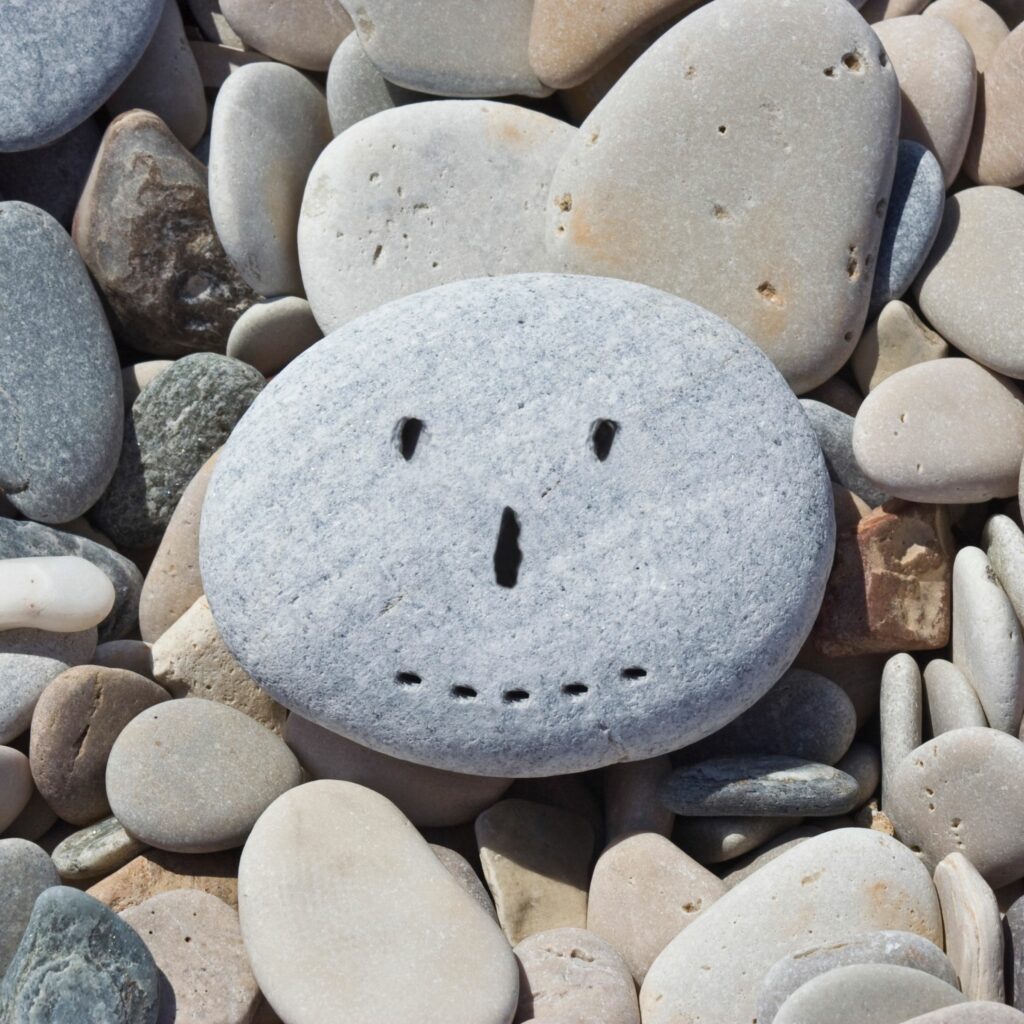How to create positive change every day


This year marks the 40th anniversary of honoring iconic civil rights leader Dr. Martin Luther King Jr. with a federal holiday, although the day was first observed in 1986, several years after the bill was signed.1


Dr. King’s powerful legacy represents justice, peace, tenacity, and advocacy. Though best known for his “I Have a Dream” speech, he made societal contributions that continue to benefit everyone, regardless of background.2 He fought tirelessly for freedoms that many people may take for granted, such as casting ballots during election season, having a suitable place to live, and gaining workplace equality.
A few of Dr. King’s notable achievements include the Nobel Peace Prize, the American Liberties Medallion, and the Spingarn Medal for his efforts to lift the voices of Black Americans in the fight for racial equality.3, 4, 5 He was instrumental in lobbying across the United States for legislative changes to increase voting, housing, and vocational rights and protections.
The legacy of Dr. King in my life—and yours
As a young girl being raised in the late 1980s, I gathered eagerly with my family in the living room to watch a three-night film chronicling Dr. King’s life. During this profound era of acknowledging his contributions, all the urban radio waves in my small Southern hometown were filled with his “I Have a Dream” speech from sunup to sundown. This riveting environment created a great sense of community pride and social responsibility, inspiring us to make a positive impact on the world.
When I reflect on my childhood impressions of Dr. King’s activism, four key takeaways have always resonated with me: action, kindness, humanity, and building community across all cultures and ages. If we engage in these practices, every day will be an opportunity to increase understanding, respect, and unification among individuals.
Take action
At the beginning of each year, we get the chance to review our own efforts to uplift others during the previous year in reverence of Dr. King’s invaluable work. Selfless actions may include donating to food banks, contributing to toy or coat drives, giving money to heartwarming causes, or simply engaging in a kind gesture to brighten someone’s day.
Practice kindness
As we move forward on this national holiday, it’s necessary to explore how we have shown politeness to others in big and small ways. More specifically, we need to examine how we have made safe spaces for marginalized communities, neurodiverse populations, and varying religious groups. No matter how swiftly the world is moving, nothing can replace the power of showing others compassion, regardless of our similarities or differences. The uniqueness of each person is what creates a beautiful canvas of multiculturalism and diversity.
Recognize everyone’s humanity
Being able to see beyond what makes us varied while focusing on what makes us alike is the essence of human-to-human connections. The power of thoughtful actions often creates a positive ripple of feeling hopeful, cared for, and acknowledged, which in turn positively impacts everyone’s life. Allyship holds an important place, as people from majority cultures can influence change by being voices of support against injustice. In alignment with what Dr. King stood for, social justice is everyone’s responsibility.
Honor our communities
Leaving places better than we find them by intentionally listening to, honoring, and respecting cultures outside our own creates a rich environment of community. Taking the time to acknowledge other languages, customs, rituals, and foods without judgment can foster a sense of cohesiveness in schools and neighborhoods around the world. When these gestures are absent, behaviors such as othering, microaggressions, and exclusion can fester and cause many people to feel rejected, anxious, overwhelmed, or sad.
To honor Dr. King’s life and legacy throughout the year, here are more steps you can take:
- Greet others with a smile
- Use appropriate, nondemeaning cultural language and personal identifiers
- Practice courtesy and thoughtfulness in person and online
- Get involved with community programs
- Volunteer at civic or school events
- Attend trainings on how to implement inclusive principles
- Mentor children and teens
- Provide guidance to college-age adults
- Make a genuine effort to learn about someone else’s culture
- Donate items to local shelters
- Host cultural learning opportunities with coworkers, family, and friends through book or movie discussions
Making a career of humanity
As a psychologist, I take great pride in being able to help others manage stress in their lives, no matter their age, race, ethnicity, sexual orientation, gender identity, or disability status. In recent years I’ve witnessed hundreds of mental health clinicians strive to learn more about culturally informed assessments and treatment options for racial trauma and minority stress, which supports the idea that an effort is underway to help heal the lives of Black, Indigenous, and people of color (BIPOC) groups most impacted by trauma and systemic injustice. Serious strides have been made to advance education, science, technology, and health care access for people of every demographic background, but more work is needed to close existing equity gaps.
I hope the transformational efforts inspired by Dr. King will continue to move forward with passion. He encouraged all of us to “make a career of humanity. Commit yourself to the noble struggle of equal rights. You will make a greater person of yourself, a greater nation of your country, and a finer world to live in.”6
We may not all have a national stage for our heartfelt works, as Dr. King did, but we do have many opportunities to follow his exceptional lead. Positive change continues with each of us, every day.

Sources
1 https://www.britannica.com/topic/Martin-Luther-King-Jr-Day
2 https://www.npr.org/2010/01/18/122701268/i-have-a-dream-speech-in-its-entirety/
3 https://www.nobelprize.org/prizes/peace/1964/king/facts/
4 https://ajcarchives.org/main.php?GroupingId=1430
5 https://kinginstitute.stanford.edu/king-papers/documents/remarks-acceptance-forty-second-spingarn-medal-forty-eighth-annual-naacp/
6 https://kinginstitute.stanford.edu/king-papers/documents/address-youth-march-integrated-schools-18-april-1959/
About the author
Lillian Gibson, PhD, is a licensed clinical psychologist often referred to as a “mood makeover” expert. She is a highly recommended speaker, consultant, and mental health clinician, and she takes pride in combining her vocational rehabilitation counseling and clinical psychology expertise to cultivate culture-affirming care for clients and protocols for agencies. Her professional footprints include places such as Johns Hopkins University and international research in South Africa. She is a graduate of two historically Black colleges and universities (HBCUs), and she is passionate about highlighting mental health and wellness when diversity, equity, and inclusion are considered.
Related articles

Gratitude has benefits, but forcing it can be harmful. Alyson Stone, PhD, tells...

When you’re having a bad day, knowing how to practice gratitude can make a...

Toxic positivity vs. healthy positivity
Learn what toxic positivity is, why it’s harmful, and how to practice a...

Happiness: Definition, benefits, types
Happiness has many benefits. It improves our health and relationships, and...
